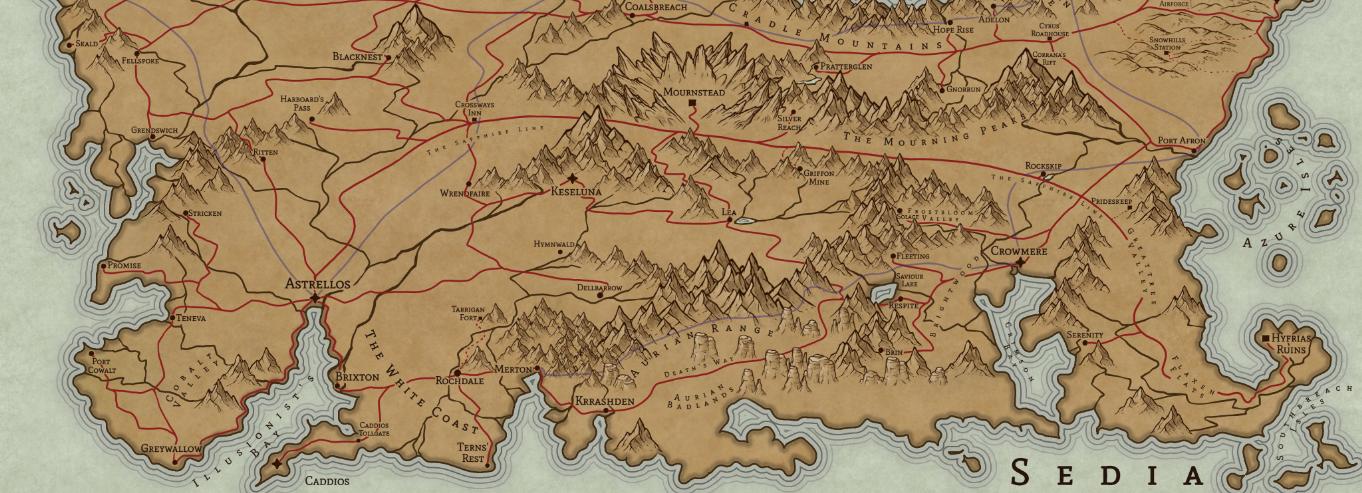Tyhna
Tyhna is the goddess of suffering, pain, healing and medicine. One of the oldest goddesses and one of the most routinely worshipped across the known world, she holds immense power in the pantheon and is part of the Highest Circle.
Alignment: Neutral good
Official Symbol: A white ibis with a white bandage as a blindfold.
Other Symbolism: The colours white and blue. White flowers, blue flowers (particularly forget-me-nots). Bones. White feathers. Silk. Clean water. Holy water. Bonemoths
Usual Gender Presentation, Pronouns: Feminine, She/Her
Plane: The Endless Battlefield
Portfolio: Medicine, healing, suffering
Domains: Life, healing
Relations to Other Deities:
Generally considered wrong in teachings: Willful spreading of disease or failure to prevent disease when able. Willful tarnishing of water. Undeath. Inflicting suffering for personal gain. Needless destruction of flowers. Needless destruction of birds' nests. Healing those who do not wish to be healed. Not granting a humane death to a suffering person if asked or able.
- Kaltia: Married, share a plane
- Irasil: Siblings
Generally considered wrong in teachings: Willful spreading of disease or failure to prevent disease when able. Willful tarnishing of water. Undeath. Inflicting suffering for personal gain. Needless destruction of flowers. Needless destruction of birds' nests. Healing those who do not wish to be healed. Not granting a humane death to a suffering person if asked or able.
Personality
Tyhna is a very old and very experienced goddess and has a mindset and personality that mirrors this. Generally, she is spoken of as kind, gentle, motherly and fair. She is deeply empathetic, and is said to have sprung to life great swaths of grass and flowers from the tears she has shed over suffering she has witnessed. However, she is also said to have a deep understanding of the value of suffering in learning, and holds strong to the value that suffering is essential to understanding one's self and life's purpose. She is very easy to slight, has very firm boundaries of right and wrong, and is not a playful or frivolous goddess. She is wrathful and spiteful when wronged, and will invoke both sickness, mental anguish and pain on those who turn against her.Form and presentation:
Tyhna is said to roam the world in the form of a white ibis. In her true humanoid form, she takes the form of a plump, curvaceous woman of great beauty wearing a dress of white ibis feathers that trails on the ground behind her. She has curly white hair and medium-dark skin. She is said to carry the wings of an ibis on her back, and is able to change into an ibis or a snake at will. She wanders the material plane more frequently than other gods, and is said to be quite fond of its inhabitants. She prefers to take a hands-on approach to her control of the balance of her domains and is known to frequently interact with those who worship her devoutly. She has even been known to make "deals" or ask tasks of those who follow her, an act very unusual for a goddess with such a large domain and for one so old.History:
One of the oldest gods, Tyhna was born out of the waters of the lost spring of Tyhna- the legendary grotto said to hold the waters of health and immortality. An ageless being who wandered the material plane at the very beginning of time, she found purpose in watching life develop. Where there was life there was suffering, and where there was suffering there was healing to be done. She utilised her powers to create a balance between suffering and relief and it became her duty to keep this balance in a constant order. Tyhna watched the creation and destruction of thousands of civilisations. Tyhna created her second half, Kaltia- the Goddess of War, as a great mediator of suffering and order. Kaltia and Tyhna, over time, would share a plane known as the Endless Battlefield. There, thousands of souls would fight and be healed in an endless cycle of battle and rebirth- a place of honour after death for legendary warriors. Legend tells that Kaltia brought Tyhna a wreath of white flowers, each crafted from the bones of each of the different races of people of the world. She presented her with this gift, a symbol of her love and admiration. The two have remained eternal lovers, watching over their domain together.Followers of Tyhna:
Followers of Tyhna most often come in the form of clerics and priests who also operate in medical professions. Many clerical hospitals are held throughout the world, where Sisters, Priests or Clerics of Tynha operate and train in medicine in order to help heal the sick. The aspect of Tyhna's healing nature is much more commonly focused on by her followers, and this is the main area of worship for those who follow the Church of Tyhna. While the importance of perseverance through suffering and ill fate is often talked about in the teachings and preachings of such groups, there are groups in which the importance of holiness of suffering is the main focus of their devotion.The Sect of Tyhnic Suffering are an Aresian branch of the Church of Tyhna with physical congregations in Isvamelle, Asrannas, Pnubury, Chillmarsh, and formerly Hyfrias. They are a smaller wing of the Church as a whole and focus almost entirely on Tyhna's teachings of the importance of perseverance, grief, suffering and loss.
Children




Comments